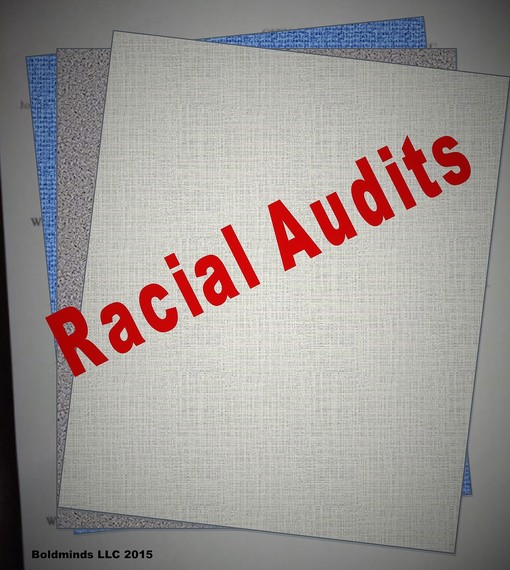The controversial shooting of Michael Brown on August 9, 2014, in Ferguson, Missouri set the stage for a national debate on race and ethnicity. A debate that was fueled by over a hundred days of continual public protest eventually erupted into riots and looting. Many may agree that the time to talk about race relations and racial inequity has been long overdue. Unfortunately, the challenge in addressing race relations in America, between the urban community and the police, has always been struggling to find the right place and time. In order to effectively embark upon that journey, police may need to be their own first respondents in addressing race and ethnicity within their own communities.
It seems that 193 days have passed since the Michael Brown incident, and since Americans were forced to the "race table" to talk about race, and the urban community's relationship with police. This has happened in a way not seen since the Civil Rights Movement. Some may argue that an invitation for a national dialogue on police and race relations was sent directly to the White House when on July 16, 2009, an African-American Harvard University professor, Henry Louis Gates, Jr., was arrested at his Cambridge, Massachusetts home after someone had suspected he was burglarizing what was later to be declared his own residence. It was clear then that his close relationship with President Barack Obama would result in the incident being addressed over a symbolic "olive beer" luncheon on the White House lawn. There were many critics who felt that the event should have been the launching pad for this "new" era on race and police relations with a full-scale discussion on racial profiling. And though charges against Gates were dropped, no other talks ensued.
The second national invitation occurred well over two-and-a-half years later, on February 26, 2012, when a 17-year-old African American male by the name of Trayvon Benjamin Martin was fatally shot by a neighborhood watch volunteer in Sanford Florida. Once again, the American landscape would explode in marches across the country with racial divides that threatened the social sovereignty of American culture. The same sovereignty that took centuries to establish. The irony was that this incident did not involve police, yet that national debate again forced President Obama to address the nation on his discontent with the shooting incident. His comments, though indirect, were personal and heartfelt by many. These talks fell short, and they still did not speak to the two underlying currents regarding race relations in America.
Significant to all of these incidents cited is that there was no longer any ambiguity that an urgent need existed to move beyond dialogue. To begin rapidly developing effective strategies and social platforms to discuss the intimate concerns that the urban public has is something all communities are in dire need of, and what local law enforcement agencies must begin to look at implementing.
It has been 86 days since the largely anticipated grand jury decision in the Ferguson shooting, and 77 days since the grand jury decision in the New York choking incident involving the late Eric Garner. Both ended with no indictments, which left the nation to brace itself, creating a pseudo-atmosphere in which society could move forward. The recovery phase from these events has shined a spotlight on police behaviors, force protocols and community interactions as well. Many would view these measures as a good start, however, such an approach breeds limitations and ineffective results. It lacks an association to a sanctioned national strategy on race relations, and a racial audit of the working environment among police.
The latest chapter regarding race relations may have appeared in written form this week, when a racially incendiary letter was written on a Bridgeport Police Department's letterhead. This has created a new dimension to the race relations dialogue, and has now forced police professionals around the region to review their respective social circles -- and more directly, their work environment. This stage of police and race relations within the world of police will present many more challenges. Most often, many departments will act on their first respondent's instincts and feverishly search for a quick fix to "make it all go away."
Other strategies often would include taking a closer look at minority candidates often passed over for positions that were historically held by others. The most impulsive reaction is to implement training on cultural sensitivity. All of these can potentially yield results. It is imperative that present day police administrations weigh their urgency to commit to the complete process of change through the improvement of race relations among their officers who are sworn to protect each other as well as the public.
It's been five years, seven months and ten days since July 16th, 2009, when the first national invitation on race relations and police emerged. It is understood that the process for racial recovery takes decades and even centuries to show gains or improvements. Nevertheless, media sound bites are still shared by quoted remarks that have regarded these incidents as having set race relations in America back 40 years. In one of the most powerful countries in the world, the unpredictable storm that hovers over America and prevents the unpacking and proper storage of its racial baggage is the continued denial to recognize racial inequity and racial discrimination as one of the most immiscible ingredients that continually divides the melting pot.

